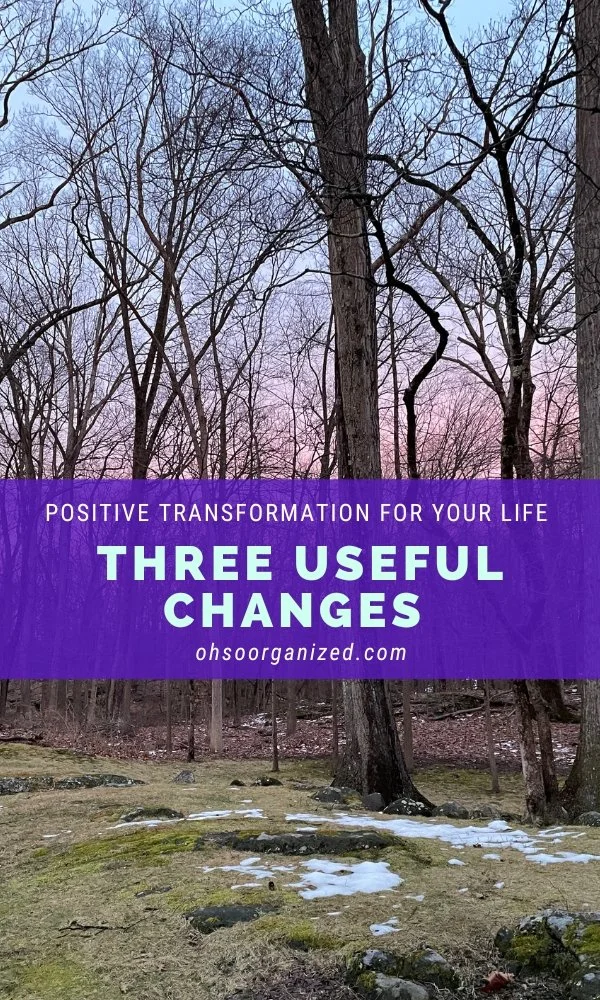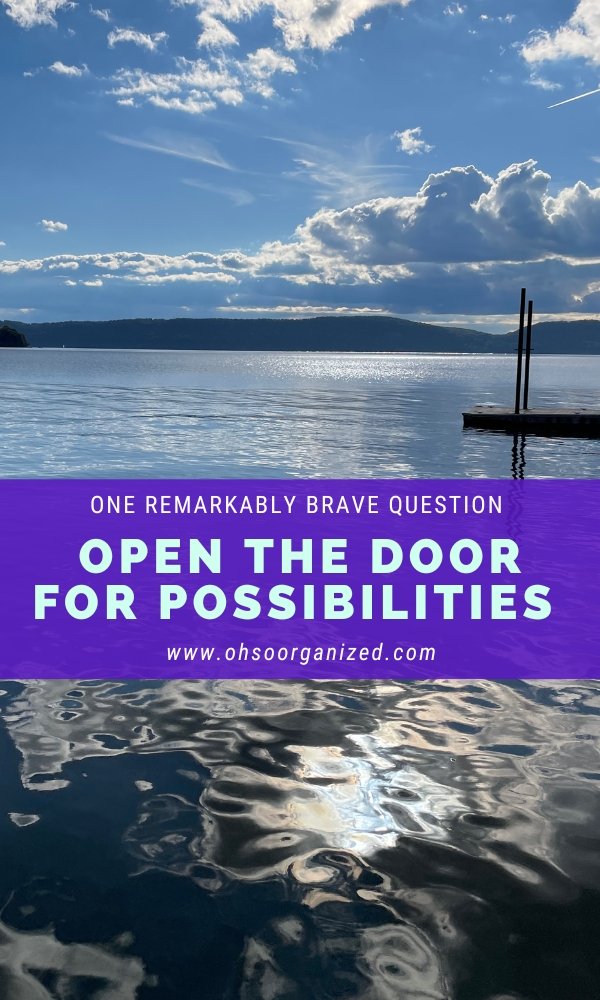What are your days like? Is life moving along smoothly? Or are your days filled with overwhelm, ups and downs, and challenges? There are times when finding your next step flows easily. At other points, the next step feels elusive. What if next included embracing “small awe” moments? How would that change the mood for your day and your experience of next?
Have you ever seen or experienced something that evoked such a sense of awe that you could barely find words to describe it? I remember visiting the Grand Canyon decades ago. My husband and I stood on the edge, looking at the magnificent expanse and feeling that deep awe. We were speechless.
Experiencing big awe because of natural wonders, cosmic events, encounters with wildlife, moments of surprise, spiritual experiences, human achievement, art, scientific discoveries, or personal transformation is amazing yet rare.
Small Awe Concept
The idea of small awe is more readily accessible. I was introduced to the concept when I visited the Dinner Gallery in New York City with my daughter, Allison. We saw the Time Is A Fire exhibit by artist Langdon Graves, who gave a talk about her work. Langdon used the phrase “small awe” to describe the intent behind some of her pieces. I’ve been thinking about that idea ever since. She said these tiny moments of awe are always available to us. However, we often don’t stop long enough to recognize them.
a Small Awe Next Step
What if your next step was discovering and enjoying a small awe moment? That might be . . .
Seeing the first purple crocus of the season emerge from the earth
Hearing your client declare confidently the progress they are making
Crossing off the last task on your to-do list for the day
Feeling the sun warm your body after days of gray, gloomy weather
Going to the post office to mail your tax packet to your accountant
Basking in the post-mindfulness meditation calm
Taking in the coffee aroma and flavor from your favorite mug
Sensing the warm water cover you as you shower or soak luxuriously in a tub
Enjoying the open space you have in your closet after decluttering, organizing, and donating some clothes
Hearing the sound of your loved one’s voice on the other end of the phone
Climbing into your cozy bed after a long day
Making progress on that big project, you were procrastinating about
Having a great conversation with dear friends
“Be on the lookout for a ‘small awe’ moment?”
Next can be a grand gesture or something smaller. It can be infused with awe. Are you stuck and unsure about what to do next? Be on the lookout for small awe moments. It might be just what you need to help you joyfully move forward. What moments are available to you? What will be your next step? I’d love to hear your thoughts.
If you want guidance with your next step, I’m here to help. Please email me at linda@ohsoorganized.com, call 914-271-5673, or click here to schedule a Discovery Call. Next is doable, especially with support.











